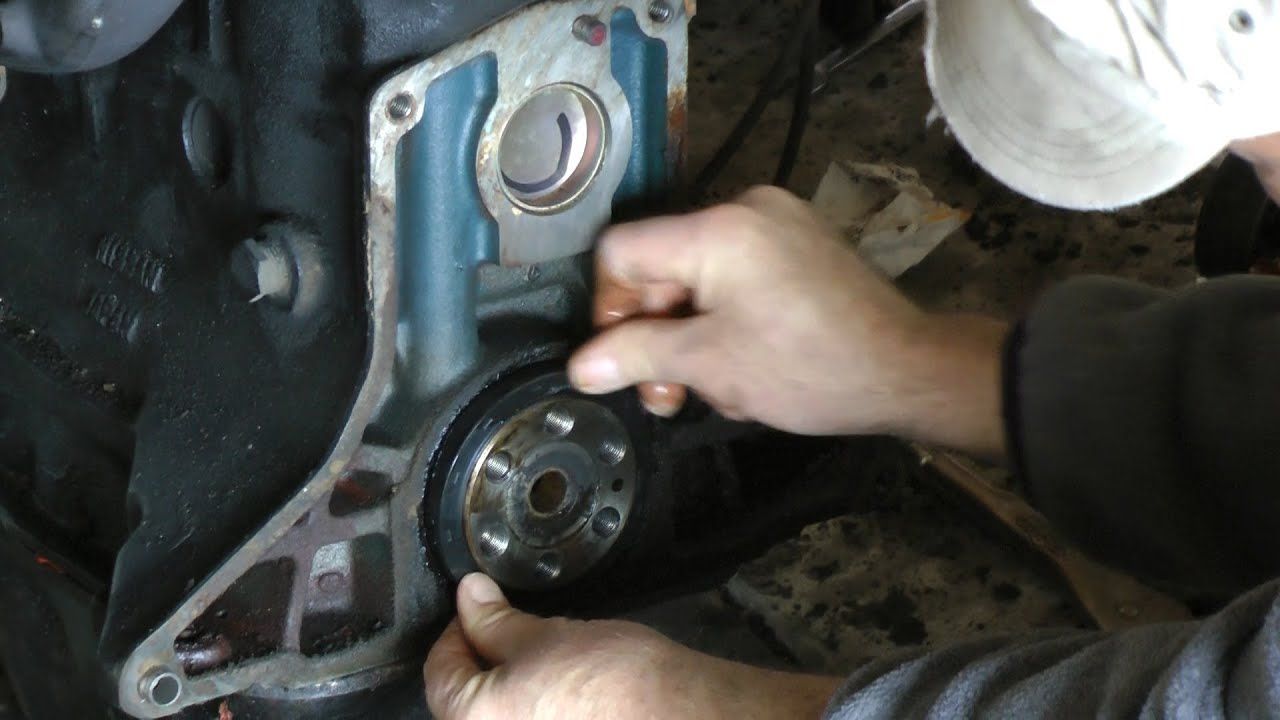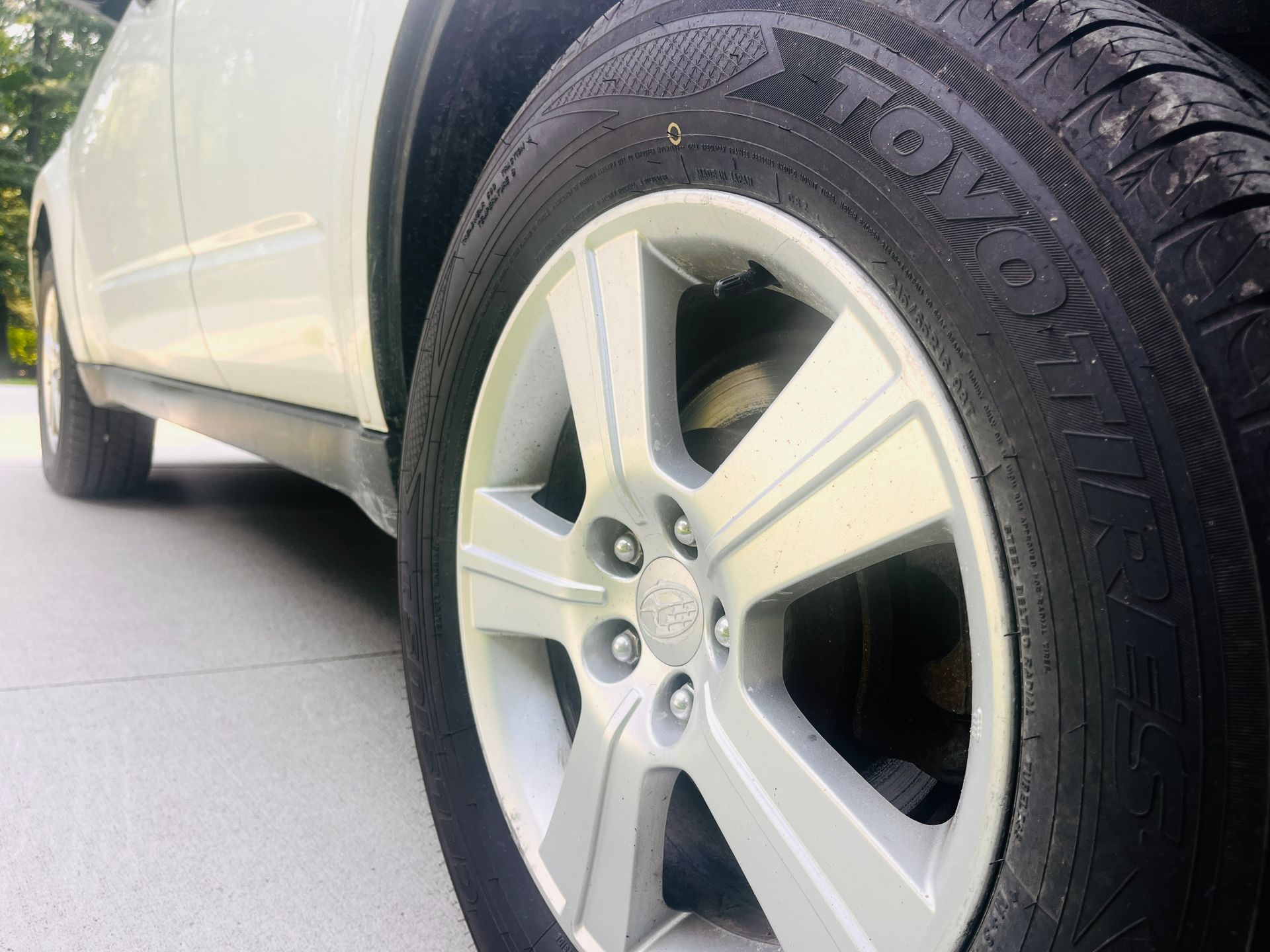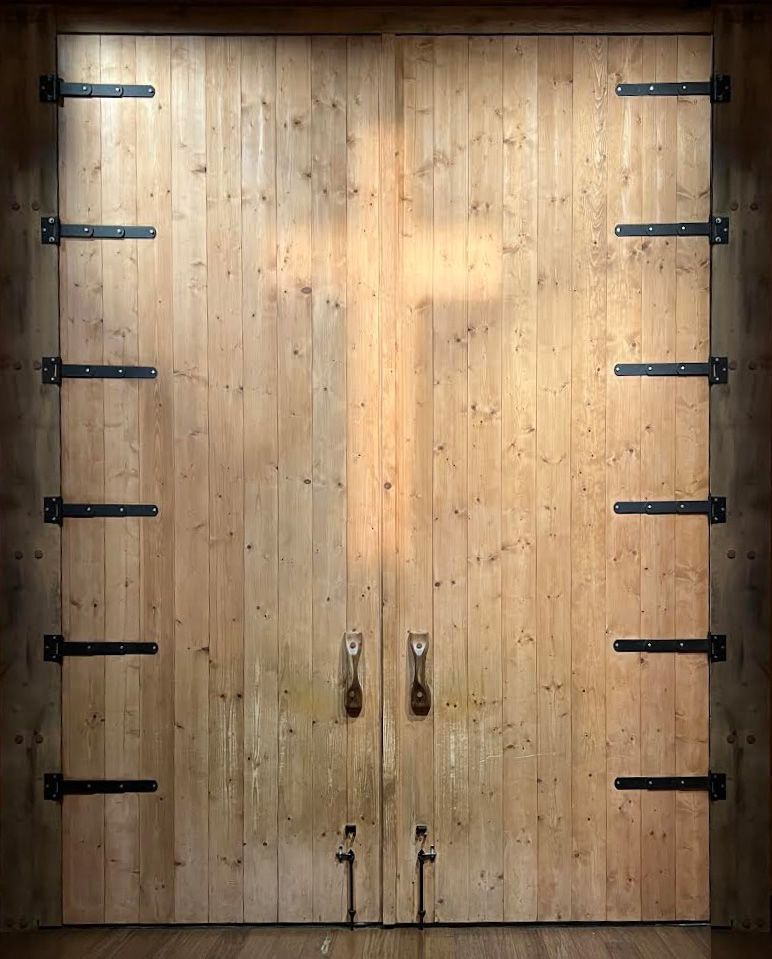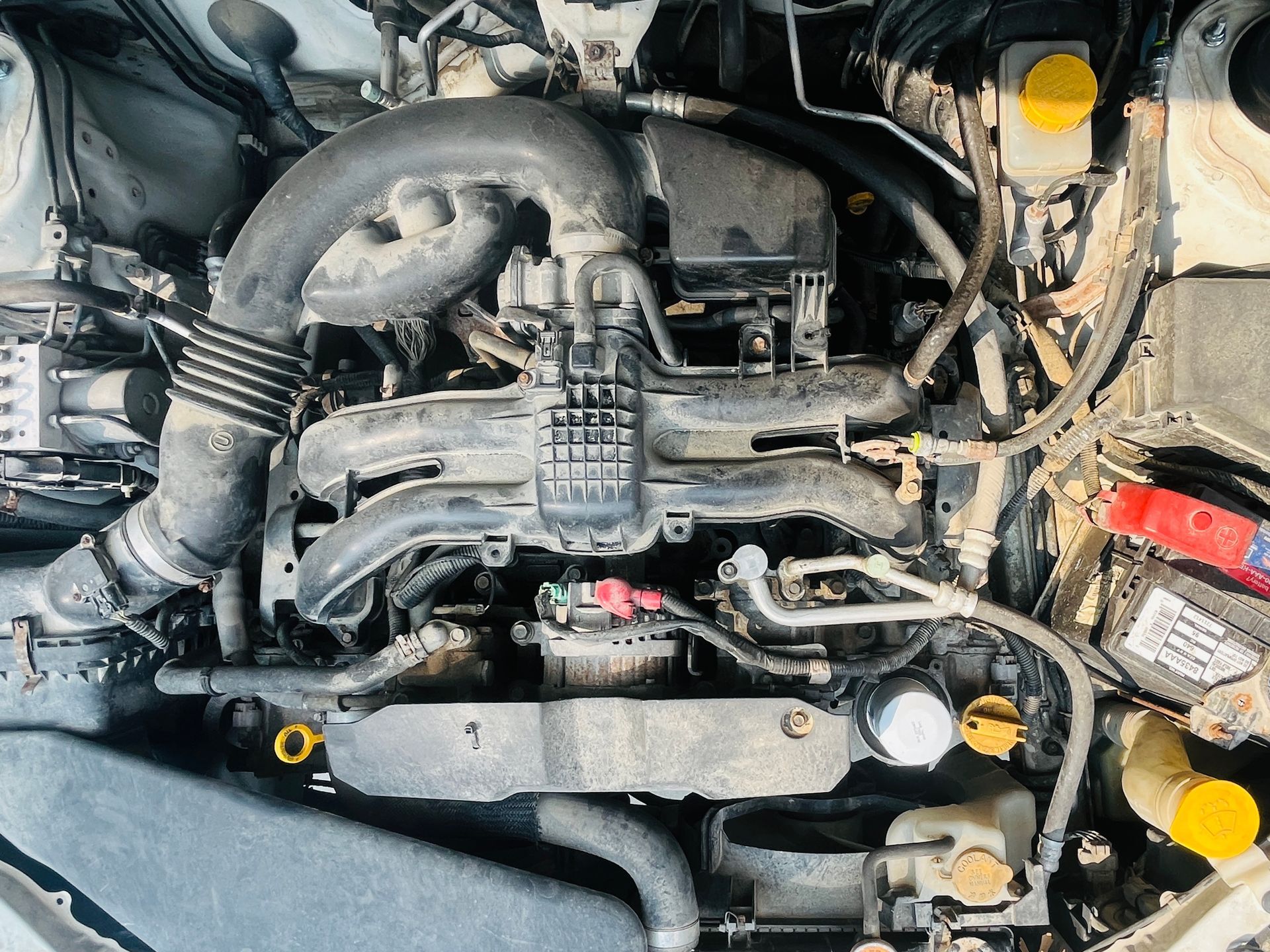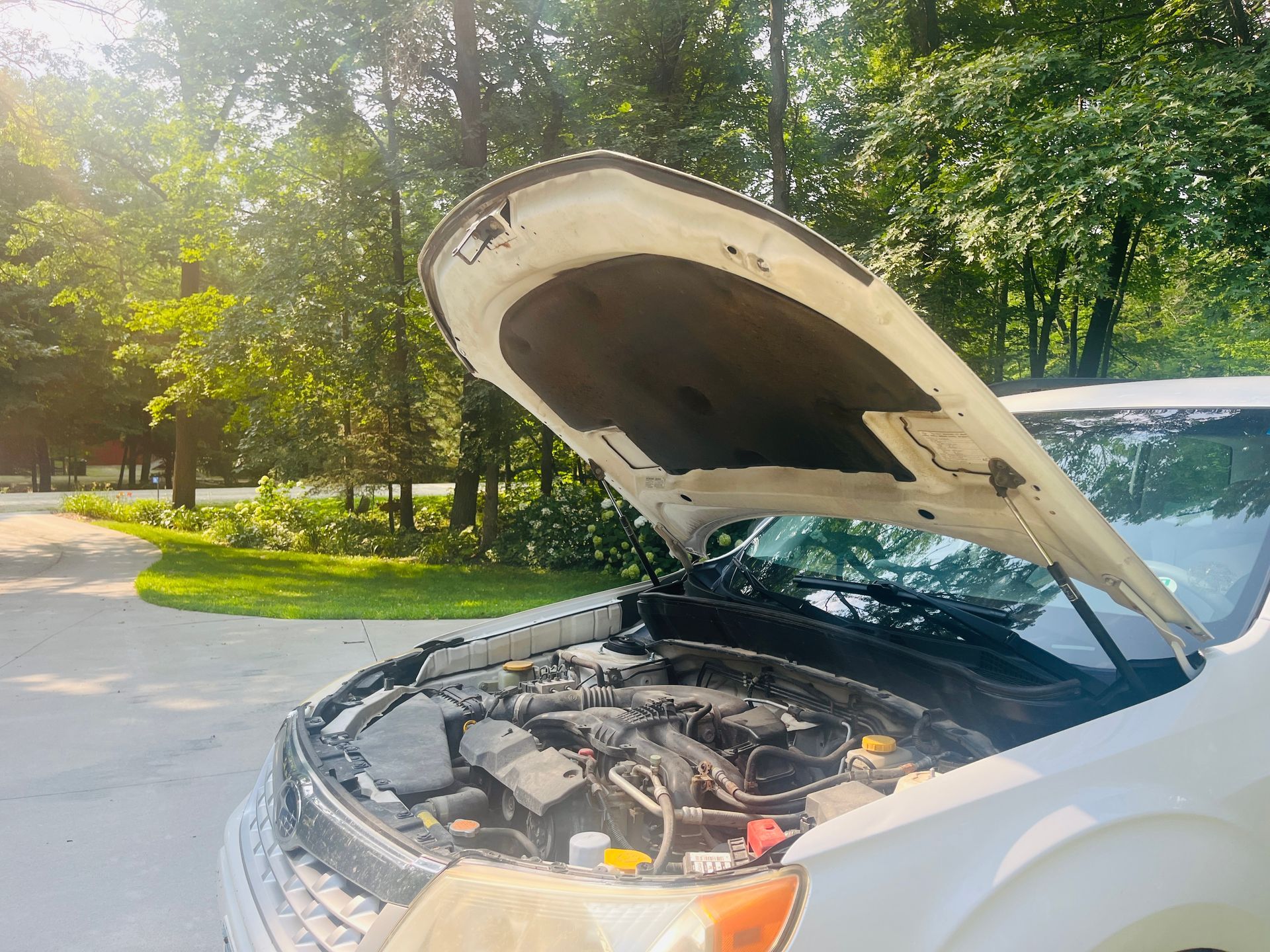Fleet Service, Rochester, MN
September 4, 2021
What color is your thumb? Is it deep green indicating your natural gardening abilities? Is it turning green as you are working on learning and growing in your plant caretaking skills? Or is it solid black, with no hope to keep plants thriving in your garden?
My grandma had a vibrant green thumb—you should have seen the way her plants thrived! Unfortunately, it did not get passed to me. In fact, I had absolutely no natural green in my thumb at all. The problem was, I discovered a love for gardening. And so, I’ve had to work extra hard as I’ve learned and experimented in order to make my plants and flowers thrive.
But, even now—almost ten years after tending to my garden, it seems that every time I take a step forward, new problems emerge and I take two steps back—finding myself at the drawing board once again to find new solutions.
In my baby steps of gardening, the first big problem was deer. My plants and flowers were their buffet. I am grateful that I thought to write about this in an article years ago because one of my readers contacted me with the perfect natural spray that has worked great in deterring them. Thank you, Ardel!
Next up—slugs. I have done everything imaginable to win against these slimy critters that crawl up the stems of my plants and feast on the leaves—making ugly holes almost from the beginning of summer on. I salted around the plants as one friend suggested. It didn’t work. I added coffee grounds and eggs shells with hopes of success. But failed miserably. I tried the Sluggo product and saw a little success, but not much. I even got cute little jars, filled them with beer, placed them strategically throughout my garden, and waited in anticipation as the slugs drank their way to a drowning death. Of the three million slugs in my garden, only a few were lured into my traps.
But friends, if you know me, then you know that I don’t give up easily. And I am thrilled to say that I finally persevered with a solution! With my new dust sprinkling, I only saw a few slugs this summer and I was confident my plants would be wonderfully hole-less.
However, my confidence was short-lived and I am here to confess, I have now taken two steps back to the drawing board as the leaves of my plants have become prey to Japanese beetles. These ugly buggers have chomped their way through the leaves of my plants and flowers, leaving big gaping holes or eating them almost completely. It made me wonder, did I have multiple problems before and I was so focused on the slugs that I didn’t know about the beetles?
To add insult to injury, this year, I got lazy and sprayed the deer spray in the vigorous growing season only, stopping at the end of June, with hopes that it would be enough. Well, it wasn’t enough. And sadly, my 2021 summer garden is a holey, buffet-eaten mess. You may not notice it from a distance since I still have beautiful flowers, but up close, the problem is clearly evident.
Isn’t this just like life? We work on one area of our lives and we see great results. For example—our physical health. We work out, eat healthily, drink lots of water, and feel good. We find a new regime that works well for us, we see results and we are confident that we have solved problem #1. This is our deer spray.
Then our eyes open to another area that needs repair, like our spiritual health. So, we implement new healthy habits in that area. We put better things into our minds with what we watch and spend our time doing, we get deep into God’s Word, pray continually, and make Him and His ways a priority. We speak kinder, serve better, become more generous, and we think of others before ourselves. With our minds fully engaged in God’s ways, we succeed in pushing slimy slugs (Satan) away.
At this point, our confidence soars! We have high hopes for our lives and see such beauty all around. We feel healthy physically, spiritually, and even mentally as both of these have affected the entire garden of our souls.
Then, new troubles that we didn’t even consider come our way (perhaps ‘beetles’ in the form of a pandemic). Not only that, but we get lazy, veering from our path of good physical health because we drop our new habits, we stress-eat, we fall back into old ways, and we forget how good we felt when we were maintaining our health. This then affects our spiritual and mental health because even though we may be doing things to keep the slugs at bay, the new problem has created bigger holes in our soul garden and we get distracted. What we are left with is a holey buffet mess. Unless.
We will get to the “unless” shortly.
Two automotive stories come to mind that also go well with my garden scenarios. Let me share.
#1) Some time ago, a fleet company brought one of their vehicles to our shop. We are different than some other shops because we have a passion for showing people a better way—with a deer spray of sorts (maintenance). Sometimes this way is not met with a smile and it’s understandable because there are many—motorists and other shops alike, who don’t believe in maintenance as we do.
When our mechanic looked over the first vehicle of this fleet, there were urgent mechanical repairs needed. But it was also clear, by the color of fluids and other signs/symptoms, that maintenance was not a priority previously.
The business owner was called. While reviewing the digital inspection with one of our service advisors showing recommended repairs, maintenance that was long overdue, was brought up. This came as a surprise to the owner because he had thought that the things needed were taken care of by the previous shop. He was confused why they weren’t recommended by them and he did not fully understand the benefit of maintenance.
Here’s how it works: maintenance is the deer spray. Maintenance is having a record of what is done and continuing with it on an ongoing basis. It’s not a once-and-done. It’s a once and again every _____ miles according to a schedule known to work for each particular system.
And here is the deal: we do not pressure anyone into buying maintenance services. We educate and we offer our expertise in order to do what is right for the vehicle and the customer. We are like Ardel—offering the recipe for the deer spray and delivering the plan for scheduled success. But Ardel never made me do it and he certainly doesn’t come to my house to do it for me!
Knowing this was a new way for the fleet company, we did what we do with every customer—explained the benefits of maintenance and asked what his expectations were.
In our experience, we have had companies decide that they simply want to fix problems when they arise, do minimum maintenance like oil changes, and put the least amount of money and effort into the vehicle.
The problem is, they don’t fully realize that when maintenance is done, it becomes the least amount of money and effort in the long run because things don’t break as often, auto repair expenses often decrease, and for a fleet—they can keep doing what they do best in their business because their fleet vehicles are not always in disrepair, thereby making more money!
The owner of this particular fleet was open to a new way. And so, we began maintenance programs for all of his vehicles. Now, he would be the very first to tell you that it was one of the best business decisions he has made.
At the end of the day, he has discovered the value in spraying for deer and continuing with it all season long!
#2) I believe now that for the past many years, I have had both slug and beetle infestations. The problem was, I was so focused on the slugs since I saw them the most, that the beetles didn’t seem like a big problem at all—until I irradicated the slugs!
This can be the same with our vehicles. Over the years, like many shops, we have had customers that have one issue with their vehicle—for example, a loud noise. They became hyper-focused on that noise and after finally getting it fixed, they became confident that all problems were solved.
However, just like with my garden infestation, after fixing one problem, another problem—like a different noise, rears its ugly head
I have heard many shop stories like this and any mechanic would tell you that it’s happened more than a time or two to them. The problem is, more often than not, the mechanic will be blamed.
Here’s an example: An older vehicle comes in for a brake noise. An inspection is done and recommendations are made to fix the problem. The vehicle at this point has been lifted off the ground for inspection and repair. Being lifted off the ground is something that is abnormal for a vehicle. With the weight being taken off different systems and sometimes shifting when the vehicle is lowered, a new noise is heard when driving—possibly related to something that became loose or shifted with the suspension.
Here’s the deal: That problem already existed. There is nothing that was done by the mechanic, besides lifting the vehicle to inspect and repair it, that caused the issue. He was not being crooked in any way. The brakes had nothing to do with the suspension issue. It was simply a beetle that was discovered after the slug was exterminated.
So what’s the moral to these garden-like stories? And how can we tend our gardens, our vehicles, our bodies, and our lives well?
We simply must be teachable and be willing to try new and better ways.
We must learn from our mistakes, but not beat ourselves up for them. The past has passed. There’s nothing we can do about it. We can’t undo the holes in the plants caused by laziness or new problems. We can’t un-eat the donut, or two, or three, that threw us off our new healthy path. We can’t have a day back to add in more exercise. We can’t retract nasty words into our mouths after they have been released. We can’t undo the damage dirty fluids have caused to the systems in our vehicles.
But we can look through a different lens, see a new perspective, begin a new way and plan ahead. We can cut back our summer holey foliage as we settle into winter—dreaming about next year’s garden and how we will do it better. We can choose to not eat donut number four, have a salad for lunch, and get an extra 3000 steps in for the day. We can apologize for the nasty words that came out of our mouths and ask for forgiveness. We can seek the advice of others in order to do things better next time—professional gardeners, health instructors, nutritionists, and mechanics. We can begin new habits and adhere to schedules that will benefit us—spraying all season, drinking a gallon of water a day, getting cardio four days per week, eating healthily but adding a cheat meal occasionally, spending thirty minutes a day with God, going to church on Sundays, and/or implementing a maintenance plan for our vehicles.
So let us go forth focusing on the things we can change and do better. Let us be aware that Japanese beetles can come out of nowhere and throw our lives off. Let us not be lazy but adhere to schedules that will benefit us. Let us practice healthy habits—physically, spiritually, and mentally that will help us prepare for surprises or troubles that come. And let us be grateful for all of the ways we have succeeded in the past, begin good changes for what we can control in the future, and live fully and completely for today.

